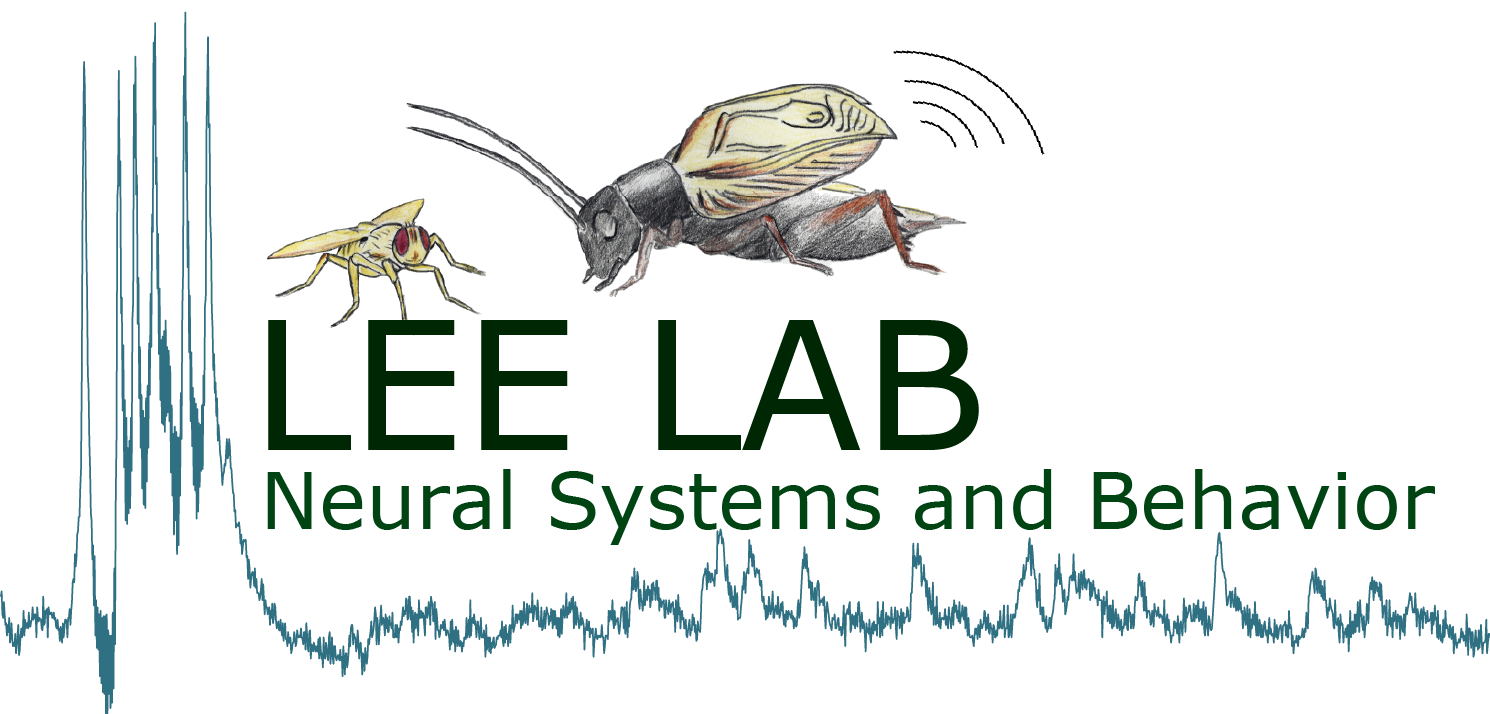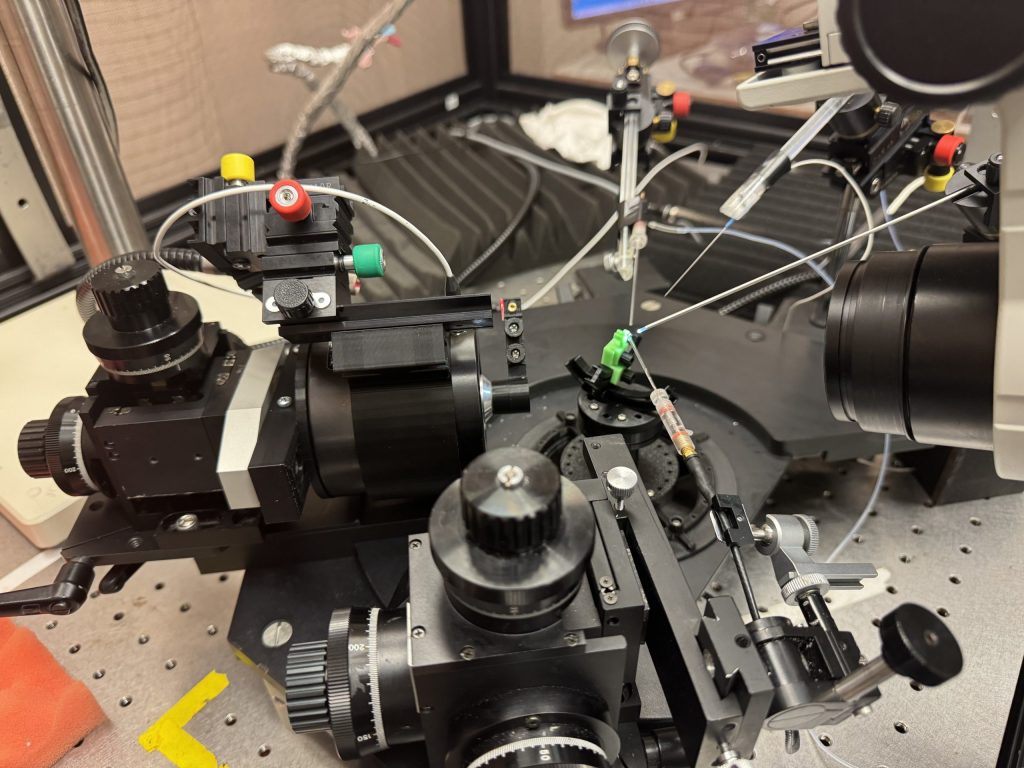
Neuroethology of hearing and Decision-Making
Signal Detection, Recognition, and Localization
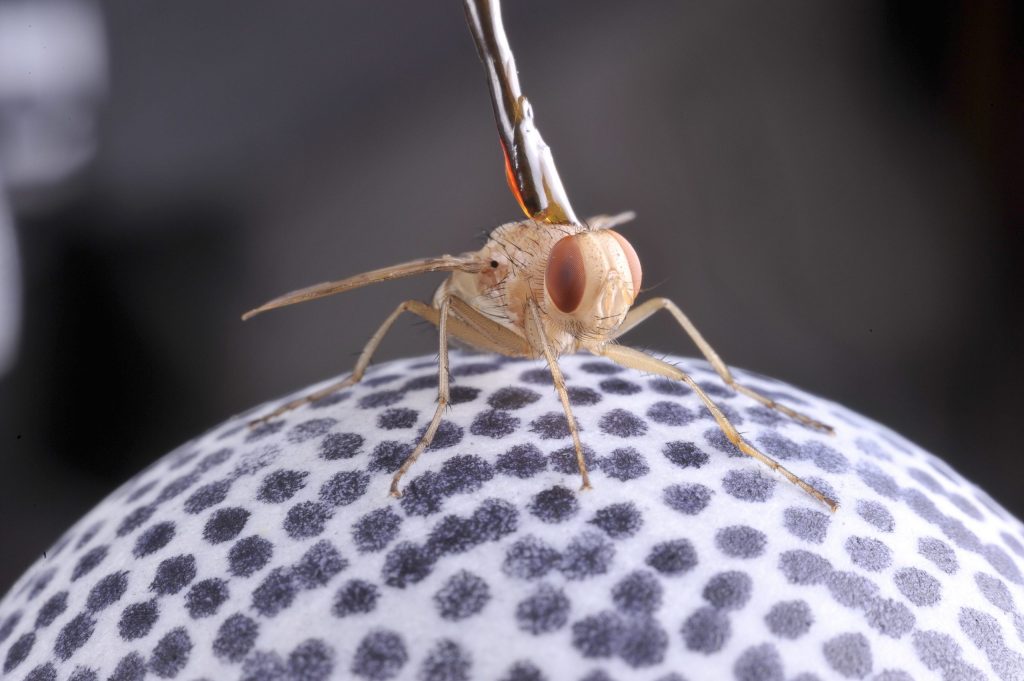
We study how insects detect, recognize, and localize acoustic signals in their environment. Using insects as model systems, we combine behavioral experiments with auditory physiology to uncover how nervous systems extract meaning from sound.
Memory, Learning, and Cognition
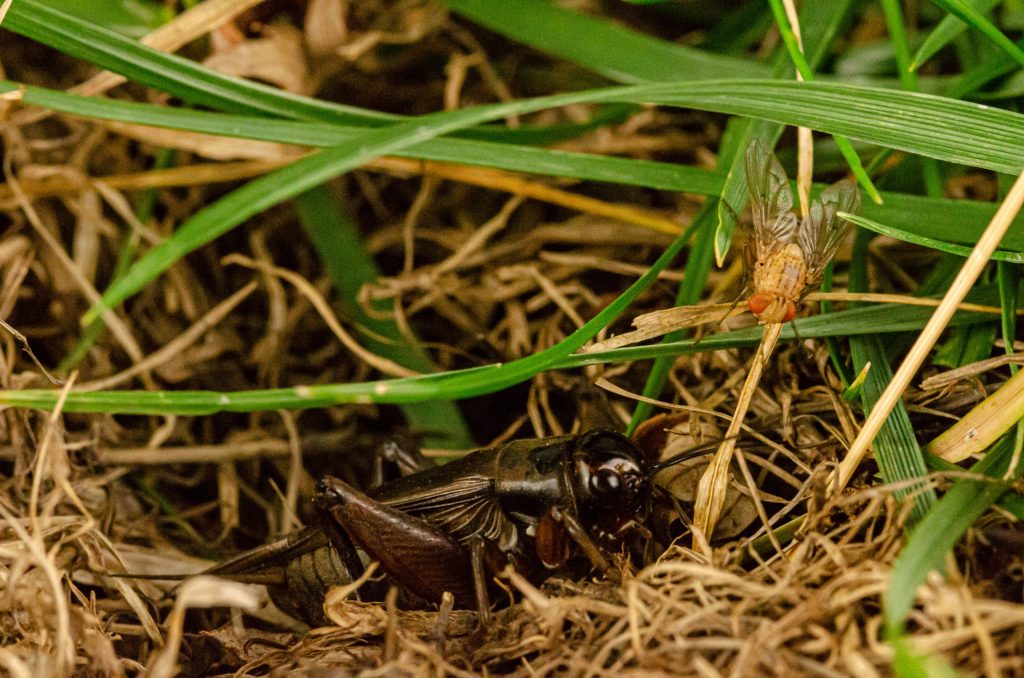
Our work examines how auditory experience shapes preferences and decisions. We explore how flies and other insects form memories of songs, learn new acoustic patterns, and forget previously heard signals, revealing the cognitive dimensions of insect behavior.
Hearing in Noisy Social Environments
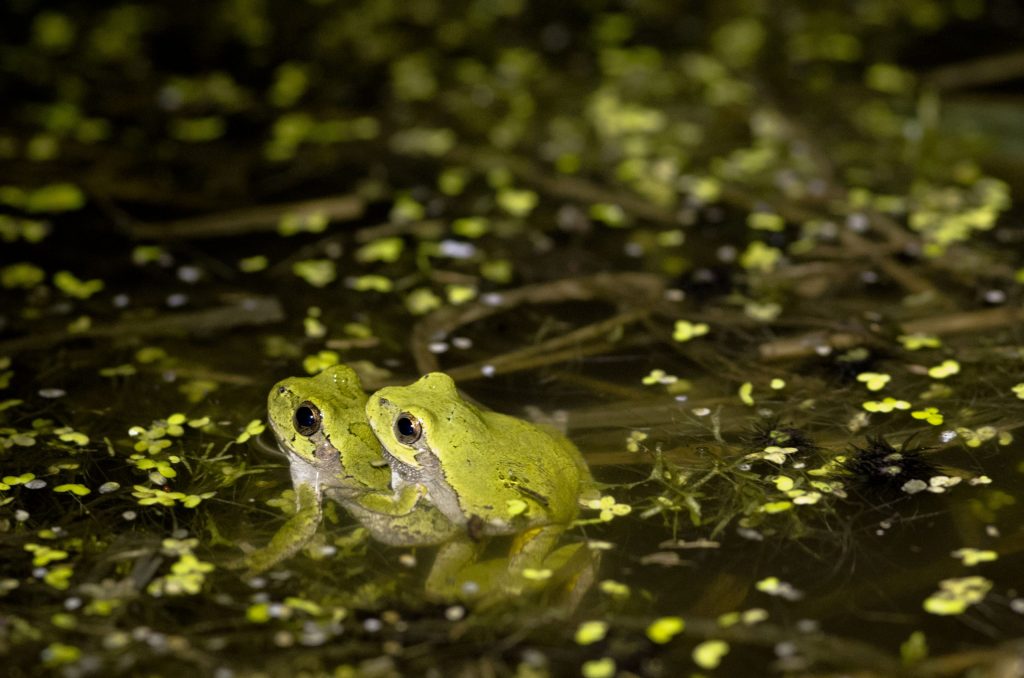
Animals rarely communicate in silence. In treefrogs and other chorusing species, individuals must detect and discriminate signals against a backdrop of overlapping calls. Our work examines how auditory systems cope with this acoustic crowding, revealing strategies for focusing on meaningful signals in complex social settings.
Ecological Influences on Sensory Processing
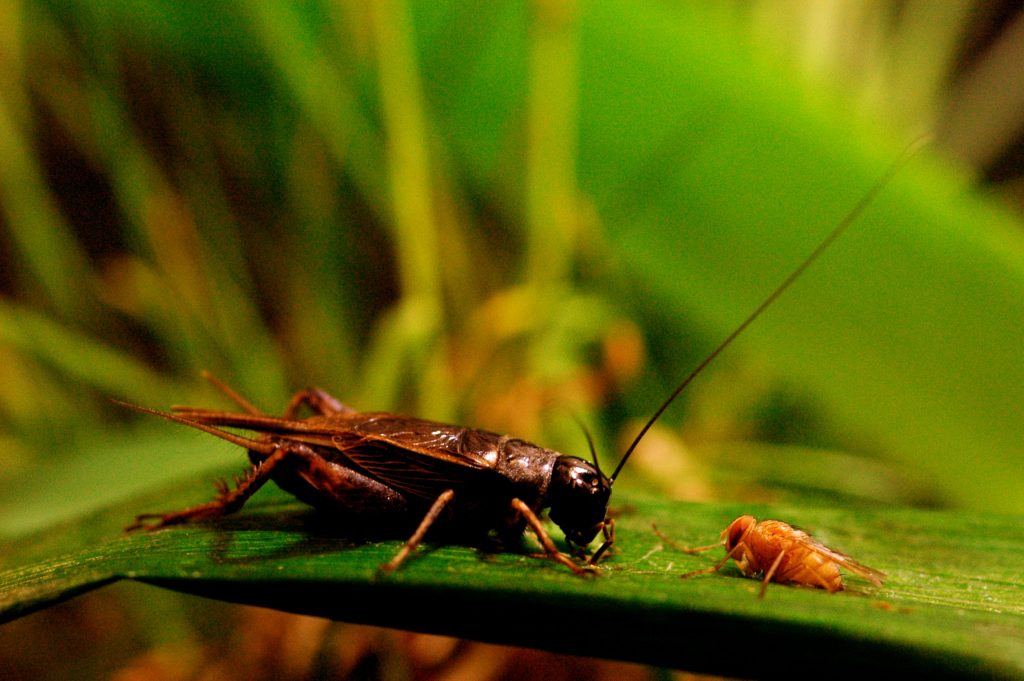
Beyond social noise, the environment itself shapes how signals are produced and perceived. We investigate how these causes of variation, such as habitat structure, signal variation, and temperature, affect sensory coding. These studies uncover how nervous systems adapt to shifting ecological conditions and extract reliable information from variable environments.
